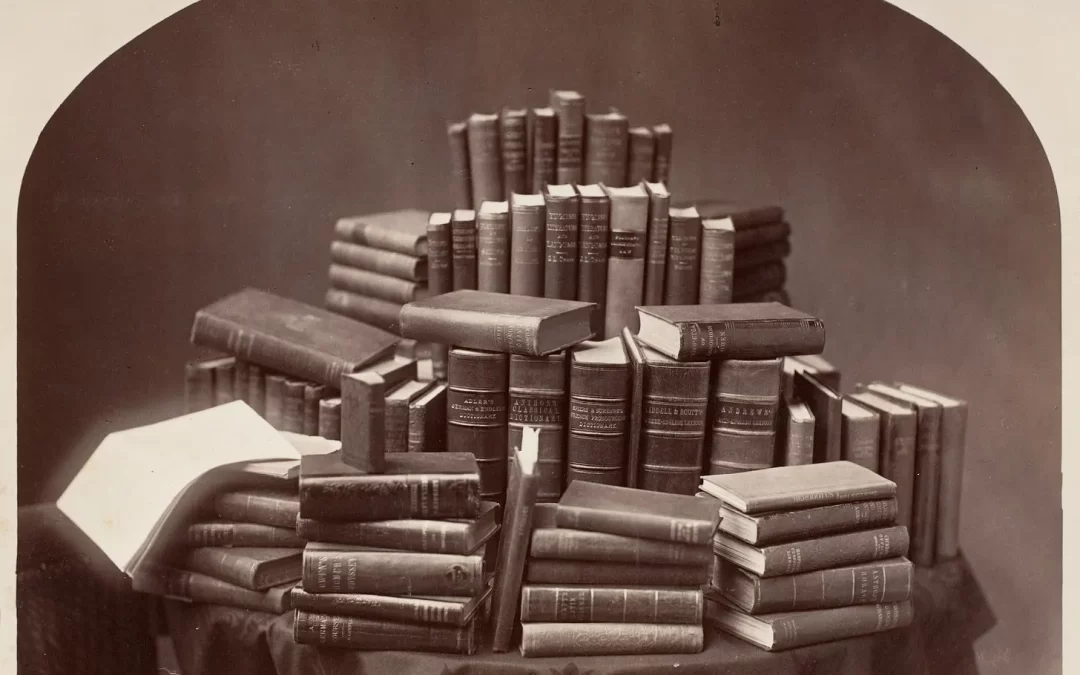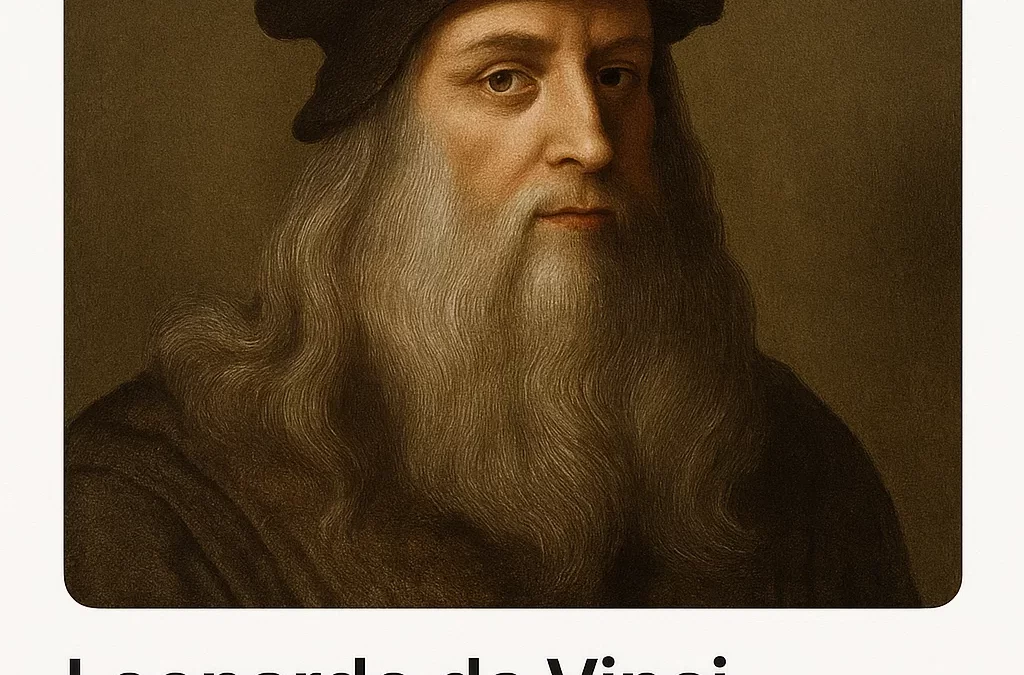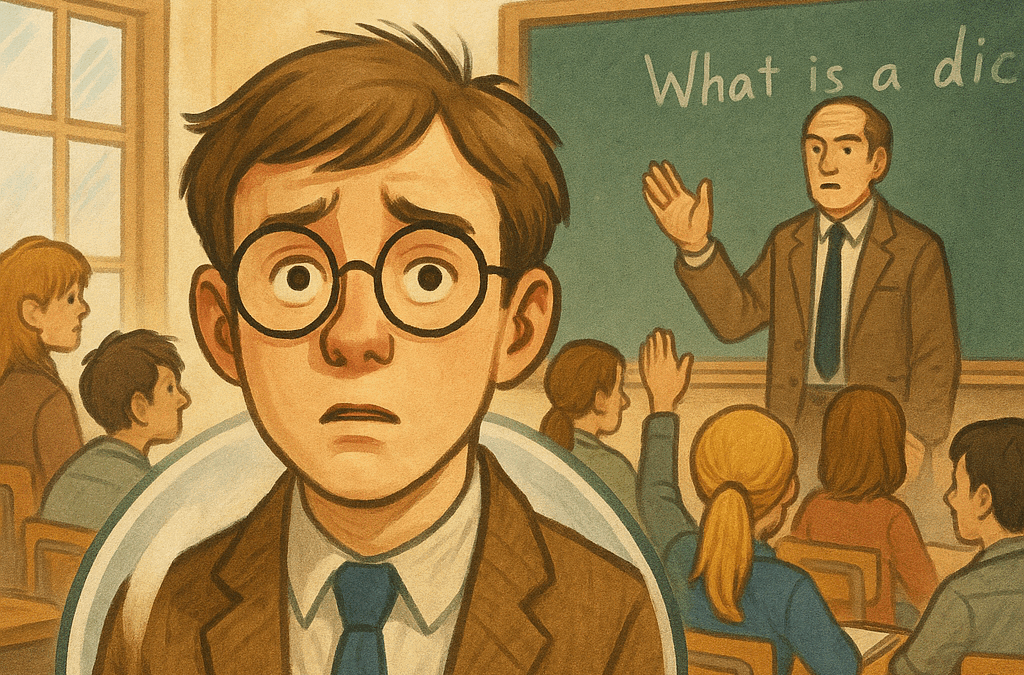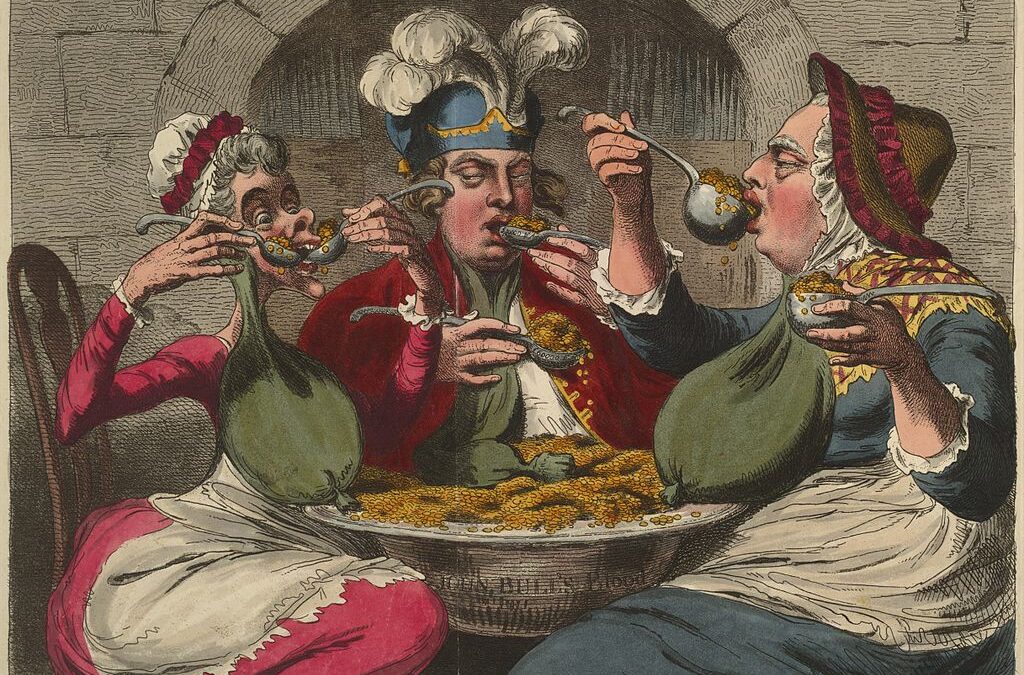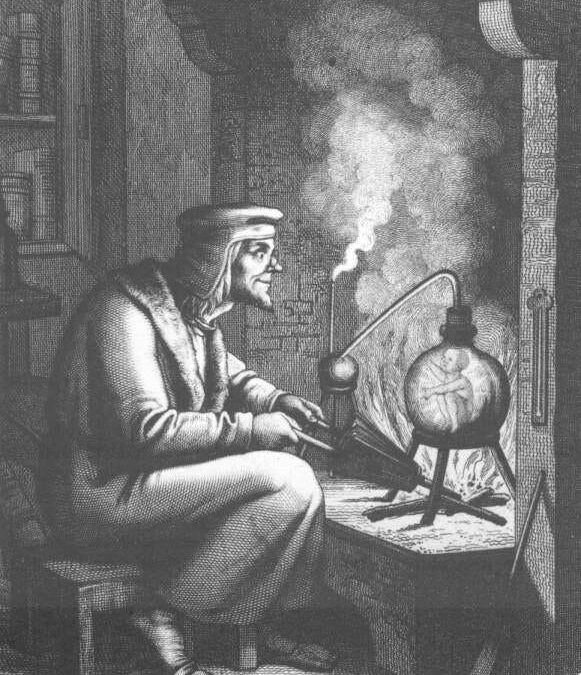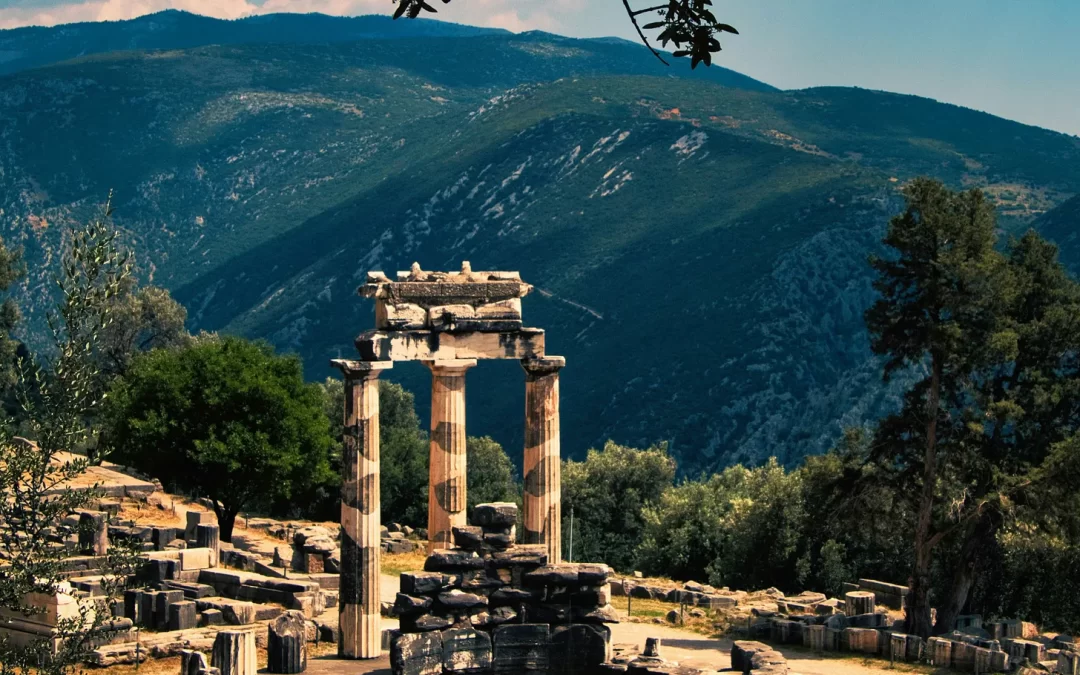“Meet me at the gate to Yu Garden” – Anonymous
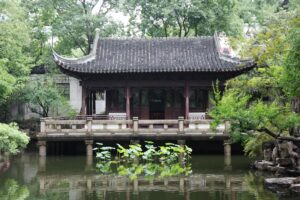
My neighbour across the street ran the ‘Maple Leaf Express’, one of the exit routes from Hong Kong when the British returned it to China in 1997. He regaled with me stories of incompetent Canadian government officials accepting fraudulent immigration documents. (Like many, I have found the Canadian consular services in Guangzhou perform few checks). He told me that Canadians “will be eaten alive. They have no idea what is coming. Canadians are at the cottage and don’t even know their home is burning.” When I asked him if these people coming to Canada were the Mafia that fled Shanghai when it fell to the Communists in 1949, he said “Yes, of course, but they are not Triads, just ‘shrewd’ businessmen…”
Shanghai, by the beginning of the 20th century, had become the vice capital of the world, with mammoth criminal organizations such as the secretive Green Gang which controlled power and wealth beyond what can be imagined. They also performed the dirty work for the Nationalists under China Kai-shek, killing members of the Communist Party – which had itself been born in Shanghai in 1921. Thus, when Mao rolled in, bloody retributions arrived…and so Chinese Triads fled to Hong Kong. But without delay the heroin was on its way from Kowloon – trade boomed until 1997.
Shanghai is not an old city like Xi’an and Nanjing. It grew in the last 200 years, initially from hungry European traders, becoming the financial and commercial hub of the East until the Japanese invaded in the 1930s. Japanese businessmen today know that the Chinese still remember the Rape of Nanking by their army in 1937. Was it not Xi Jinping who said, when he was asked if the French Revolution was a good thing or not, said “it is too early to know”? The Chinese not only have long memories, but they also do not waste their time with quarterly results the way West does. They think long term!
This awareness of the past is what we all need to consider. Shanghai is a microcosm of China. I stayed at a fancy hotel, which was kept spotlessly clean, had excellent food, friendly staff and all the amenities anyone could wish for, including smart toilets, now working as well as the Japanese ones they copied.
But one feature I did not expect – but should have – was that one morning a well-dressed, elderly, Taoist monk came in for breakfast. I worked for hours in the breakfast room every morning, combining watching and writing. This monk had a simple breakfast of hot water, vegetables and fruit. He sat in one of the private rooms to the side, and watched people at the buffet. Three times in three hours he got up and walked up to men he chose and talked to them in Chinese. They then went to the private room together for up to ten minutes and then they left. Luckily, one of the men he talked to I knew well, so I asked him what was said. He told me, and my friend and I were impressed at the monk’s insights into the character of the man he had never met before. Priests don’t do this the hotel breakfast rooms in North America.
Another night I was invited to a home for a family dinner. Although we are business partners, conversation with his children turned to classical Chinese poetry of Li Qingzhao. She lived in the Golden Age of the Song Dynasty, an age of brilliance, growing up in a home devoted to letters. Her early poems, in only a few words, create scenes of vitality and innocence that will haunt the reader. Her later poems, after war comes, with her husband dead, are cloaked with an inconsolable grief, a dark and sombre reflection on the cost of war. If only the warmongers in America and the Middle East would read them! At dinner, extracts of some of these poems were recited from memory – in both Chinese and English by my host and his son. When was the last time you talked of the power of poetry at dinner – let alone listened to memorized verses?
Of course, modern China is a totalitarian state, with control over its people and a highly developed infrastructure of artificial intelligence (AI), a horror currently descending upon all of us. The fact that China’s role on the world stage is more discreet and subtle than the other great power (and which has just lost yet another war!) may help to explain its success. I add that in 25 years of travelling to China, I have never seen the police acting in an unprofessional or arbitrary manner. I think anyone would agree many American police routinely use too much force. China bans numerous foreign media companies and broadcasting enterprises. I wonder, though, does it matter if time-wasting echo chambers like social media are banned? On a more serious issue, the Chinese language does not have characters for the word ‘justice’. Justice is a Western concept founded upon an independent judiciary. In China, ‘justice’ is whatever the ‘Ruler-for-Life’ wants

A scene on the highway to Pudong airport
This does not seem to bother the people of Shanghai. It is as if the people WANT to be watched on police cameras. They have their own spoken dialect, a bearing, confidence, their own style and importance. The real Shanghainese do not even think Pudong (these days, half of Shanghai) is really part of Shanghai. After all, before 1992 the land was only farmers’ fields…it now bristles with skyscrapers, crisscrossed with excellent highways and subways.
The people are good looking. When I was there, the women were wearing a flattering white pantyhose the way European women uniformly wear black pantyhose during the winter months. Vanity being eternal and ubiquitous, Shanghai women are aware of their beauty and make anti-aging face-cream a priority – every street has a shop with a ‘special recipe’. My understanding is that this salve to prolong youth’s beauty has been eagerly adopted by the rest of China, too. Of course, Shanghai women would expect to set the fashion for all of China… This includes their love of the nests made by the swiftlets’ saliva – a bird’s nest that not only makes a good face cream, but is purportedly tasty, too! Personally, though, I don’t find boiled and dried baby hatchlings’ feathers and faeces appealing…À chacun son goût.
The Shanghainese invented their own food. They have ‘squirrelled’ fish (the flesh is tufted, deep fried, and served with a sweet and sour sauce), a smoked fish with a brown sauce, pork with belly fat and quail eggs, veggies of asparagus and celery, and mushrooms prepared with a strongly flavoured sauce (I could not find out what it was). Interestingly, food is served with the ingredients presented separately, so flavours are not mixed sooner than necessary. Many dishes have a touch of heat from chilis. It is delicious and distinctive.
Lastly, I must mention my mixed feelings about the ever-present stress induced from the desire for success. Innovation, the drive to improve, is a palpable warning sign of TSP – Thrusting Success Paranoia – a common disorder here. The quality of the university papers I listened to at a recent seminar I attended reflected the dedication, the interest and burgeoning knowledge that exceeded similar seminars I have attended in other countries. With so many qualified people for any job going, it is going to become even more essential to use “who you know” to get ahead. Yet, it was a pleasure, a privilege, an inspiration to sit and listen to learned men working – and trying – hard. It also made me melancholic to think that once Detroit and Manchester bubbled with such excitement and nascent success. In China, you do not hear about people wanting “to work from home”. The old expression “capitalism on steroids” is still true here. Back in 2000, upon my first tour of a Chinese auto plant, I remember asking my guide what the flag fluttering by the gate said. He said the flag said, “We will beat Toyota” – even then, they knew their goal was not GM… We should now study them the way they studied us…
So, what is the future? China understands its history (and unlike us, has not forgotten it). Even in the last 200 years there has been the Taiping Rebellion, decades of civil wars, the European interlopers, exploitative and incompetent rulers, the secretive Triads, the Japanese rapists, Mao’s Great Leap backwards – yet Shanghai blossoms more and more. We can learn from them.
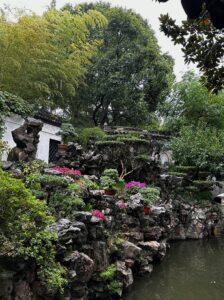
Garden within a garden, Yu Garden
Consider the ‘duilian’, a poetic couplet of antithetical phrases, expressing contrasting but complementary ideas, reflecting the harmony of yin and yang. Composed with strict rules, they express timeless wisdom:
Lù yáo zhī mǎlì; rì jiǔ jiàn rénxīn
A journey of a thousand miles tests a horse’s strength; time reveals a person’s heart
and
shū shān yǒu lù qín wéi jìng
The mountain of books has one way, and hard work serves as the path
Fashion changes; truths do not. At the beginning of this essay I quoted a line from a poem where two lovers plan to meet. What better place is there for love to bloom than the quintessential symbol of timelessness of Shanghai – the Yu Garden?
Old Shanghai’s Yu Garden is a 16th century setting of peace, balance, beauty and harmony. It represents both China’s glories and ideals – and its future path. Shanghai has this living symbol combining its rich culture as a guide for its future. Its people will excel, be it in AI, science, arts, music, or business; the people of Shanghai can outlast any horror of tyranny, war, or natural disaster. The Shanghainese will succeed, as they know they will!
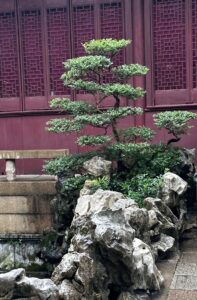
A bonsai tree, Yu Garden
